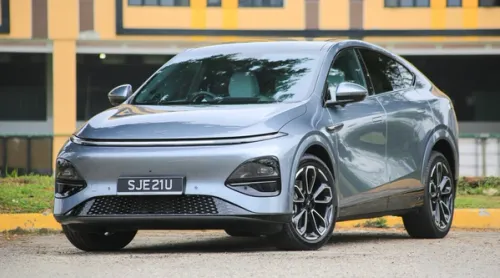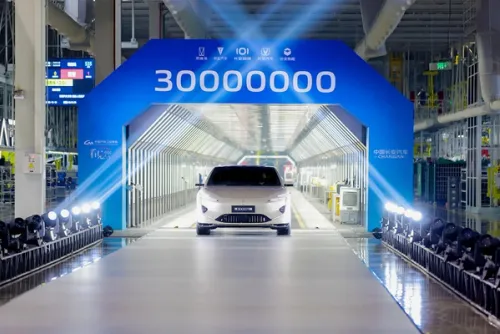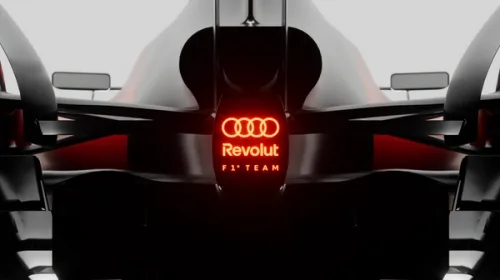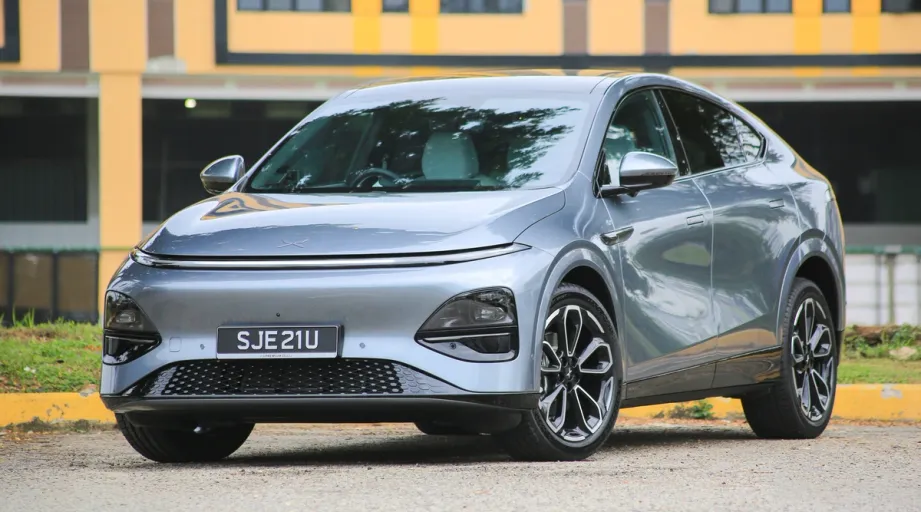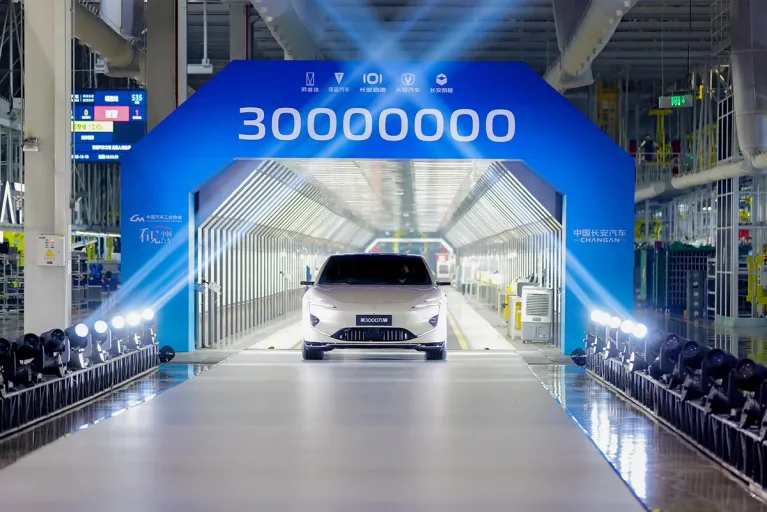Car Ownership: When Is The Right Time To Buy A Car
Deciding when to buy a car in Singapore can be a big decision, considering that cars in Singapore are more expensive than anywhere else in the world. In this article, explore the topic of car ownership from various perspectives to help you decide if it is the right time to buy a car.
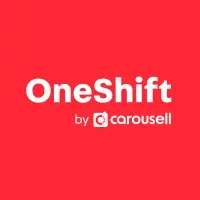
Deciding when to buy a car in Singapore can be a big decision, considering that cars in Singapore are more expensive than anywhere else in the world. As a result of this, a car purchase in Singapore, compared to anywhere else in the world, also consumes a larger percentage of our resources in terms of both downpayment, and monthly financing. Even though car loan interest rates in Singapore are actually much lower than that seen in other countries, purchasing a car in Singapore is still something that many households and individuals have to think about quite carefully. This decision is also made a more difficult one, in part due to a very well developed public transport infrastructure in Singapore, which does, to an extent, swing the concept of car ownership towards the nice-to-have category, instead of the need-to-have category for some groups of people. At some juncture though, most individuals will ask themselves this - When is the right time to buy a car? In truth there is no one correct answer for this and it really does depend on each individual’s situation. For this article though, we will be approaching the topic of car ownership from various perspectives to help you decide if it is the right time to buy a car.
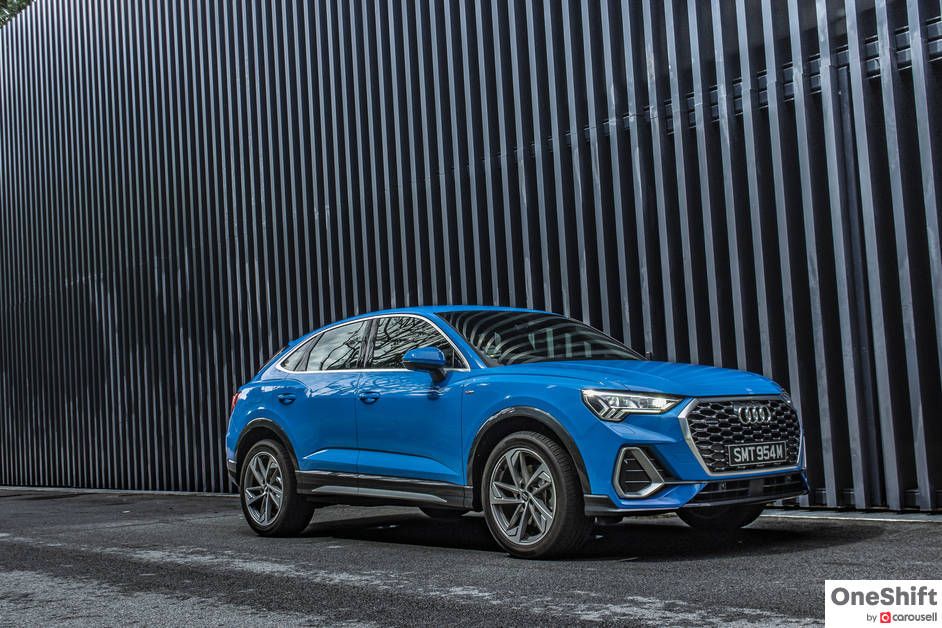
As with any purchase, justifying a purchase based on usage is a reasonable way to look at things. The same concept can be applied with cars. Public transportation in Singapore is generally very convenient with an established network, and many people utilise this every single day. For the group of people who have been utilising the public transportation network for years, the thought of owning your own car can perhaps feel a little unnecessary. If you were to compare costs of taking the bus and train versus that of owning a car, there is no comparison really - it is definitely more financially economical to take the bus and trains. The real comparison starts when you fall into the category of people who take a Grab ride to and from work every day. Realistically, most people will be taking a Grab ride during peak hour traffic. For the sake of calculation, let us assume a very modest rate of $20 per Grab ride ($40 a day - including the return trip), that would amount to about $800 over 20 working days a month, not yet including the weekend Grab rides that you may utilise to run errands, attend brunches, or go to and from a friend’s wedding. In such a case, it would not be hard to assume that in a month, that cost could come up to about $1,000, in which case, is quite on par with owning and maintaining a modest car. However, this is all assuming that you work in a strictly administrative environment, where you strictly head from your home to your office, and back again, without the need to attend external meetings outside during the day.
If you were to just factor in 1 additional Grab Ride every 2 days at work, that would add another $200 to your monthly expense. In which case, the justifications toward buying a car would seem stronger. If you work for a larger company that assigns you a corporate charge card or transport allowance, this portion here won’t really bother you. However, there are plenty of people who still do not have access to a transport allowance of any form. In Singapore, there is an increase in the number of self-employed individuals who run small businesses and work freelance, who should definitely consider buying a car if they have to travel for that 1 or 2 additional external meetings in a day. I would imagine more and more people would be subjected to this situation now more than ever.
If you are self employed or operate on a variable income format, then you will know that time really is money. For an individual that drives around for multiple meetings a day, it is possible to perhaps squeeze in up to between 4 - 6 external meetings a day (that’s what I do) across the entire island from Tuas to Changi, Tai Seng to Senoko. This would not be possible if you take the bus and the train, and even if you were able to do it, it would leave you shattered and exhausted by the end of the day. And if you were to Grab that much in a day, it would leave you with a huge hole in your pocket (or credit card). There was an occasion where I had to leave my car in the workshop for extended repairs, and I took Grab rides to all my meetings that day - I clocked about $160 in total that day including the trip from the workshop to my 4 meetings, and the trip from my last meeting back to the workshop to collect my car. That was an average of $26.60 per trip across my 6 trips. Imagine if I had to do this for 20 days a month, because taking the bus and the train would simply take up too much time, and restrict my ability to have that amount of meetings in a day. The same concept can be applied to personal life. If you want to play as hard as you work, then you need as much time as possible. When I was a teenager, my mother used to wake me up bright and early even during the school holidays and I would initially moan about it. She later explained that even if there was no work to be done, that I should rise early to cram as much playing as possible into the day. That was the start of my daily Final Fantasy 8 Marathons from the start of the day to the end of the day, pausing only for the toilet and for food. So if you value your weekends, and want to enjoy as much leisure time as possible, then perhaps waiting on public transportation might not seem so “economical” anymore.
There are parties who would debate that driving takes up a lot of time as well, due to the need to find a parking space for your car, which can lead to added stress. I would say that such a sentiment only rings true if you are a one-off driver or infrequent driver. If you do this every single day, you get pretty good at it. You learn the fastest ways to get somewhere at a particular time of day, you know where to look for the parking spots, and you know where to find the car park entrances of various buildings. Chances are, week on week, you will attend meetings at locations you have visited the week before. Point is, you get used to it, and you get good at it.
Unrelated Pro-tip: If you start planning and knowing your routes and stop using a GPS, you learn even faster.
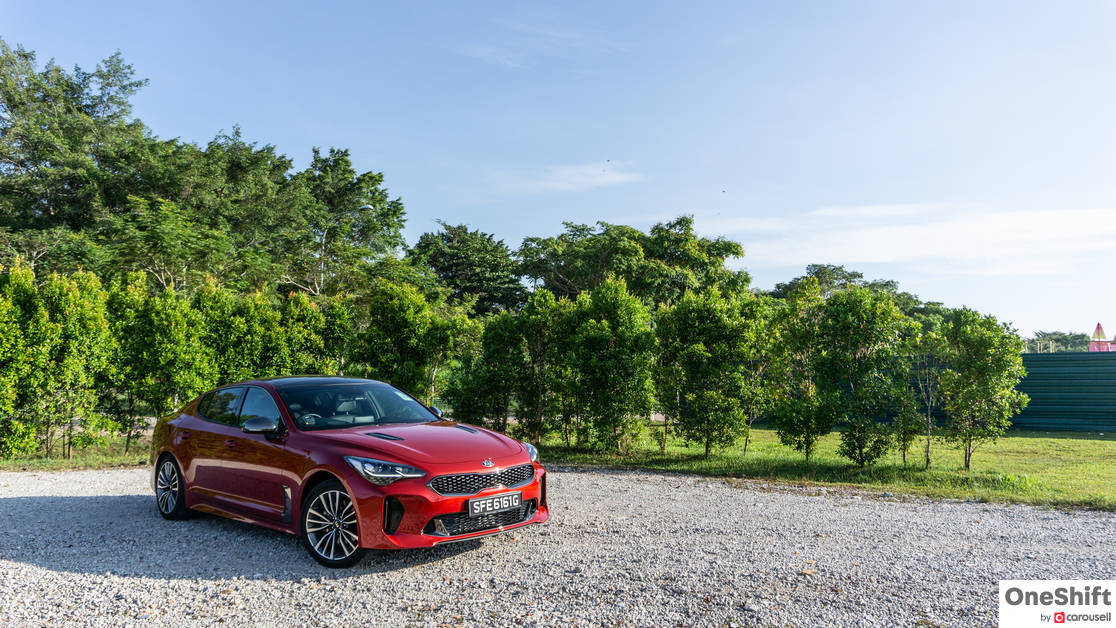
Owning a car actually changes and shapes other aspects of your lifestyle as well, and will not only open up new possibilities for leisure and play, but also influence other aspects of your lifestyle to be faster as well - let me explain. Over time, drivers will pick destinations that are convenient to them as a driver, places that are less crowded, and have parking spaces available near to their intended destination. Take a weekend supermarket run for example. A user of public transport will visit a supermarket that is typically located within a crowded shopping mall or neighbourhood hub like Our Tampines Hub, or AMK Hub, or Waterway Point, that is well serviced by public transport, or in their immediate neighbourhood. In both cases, they are likely to experience large crowds on their weekend supermarket run, and will end up spending a longer time browsing, weaving through people, and queuing to check out their purchases. In contrast, a driver will just go to Kallang Leisure Park or Jelita Shopping Centre, park their car, and get on with their business - likely to be out in 15 - 20 minutes. It is the exact same thing when dining. A driver would park right at the edge of the road and hop into a neighbourhood coffee shop like Tong Bee in Jalan Senang for some noodles. A non-driver would go to Northpoint and queue up to eat at Kopitiam. I’m not saying that the situations are mutually exclusive, because they are not, but if you think about it for a moment, you’ll realise there is quite a lot of truth to it.
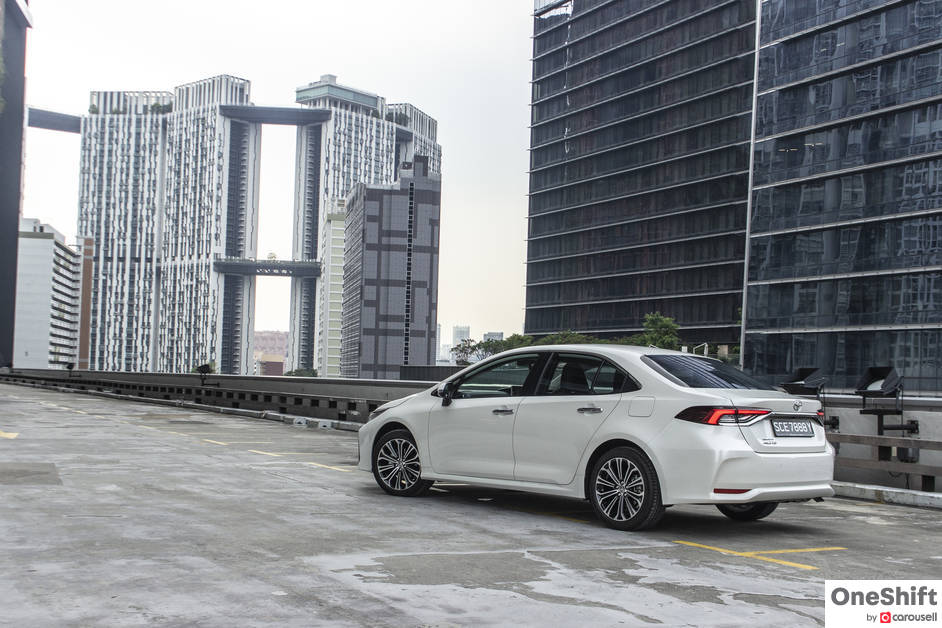
One of the key milestones in life that quite easily shows us we need to get a car, is when we get married and have children. The nature of family life with children is that it can involve quite a lot of travelling, split among family meals outside, school runs, errands, and in some cases, family emergencies. The truth is, even though we all have a weekly schedule planned out, the unpredictable nature of family life with children is bound to spring a surprise or two once in a while. I’m not just talking about huge family emergencies like an elderly parent needing attention, or your child falling in at childcare. Sometimes the smallest things can demand the most immediate attention. Recently, I experienced one such incident myself. My dog had a bout of diarrhea all over the backyard, and halfway through scrubbing the floors clean, my floor brush broke. I also happened to be in the middle of some time sensitive assignments that needed to be finished quickly. I contemplated walking to the nearest hardware store, about 800m away from home, which would have probably taken me about 10 - 15 mins under the daytime heat, followed by another return journey - risking my assignment deadline. Instead, I drove out and settled everything within 10 minutes, and met my deadline. It seems so trivial, but had I not had a car, would I have taken that walk and risked missing my deadline, or would I have taken a Grab and spent an additional $10? - I don’t know. Glad I didn’t have to choose. The point is, life is unpredictable enough as it is, and once you start running a household, it gets more unpredictable, and owning a car allows us to be infinitely more responsive - any time, any day.
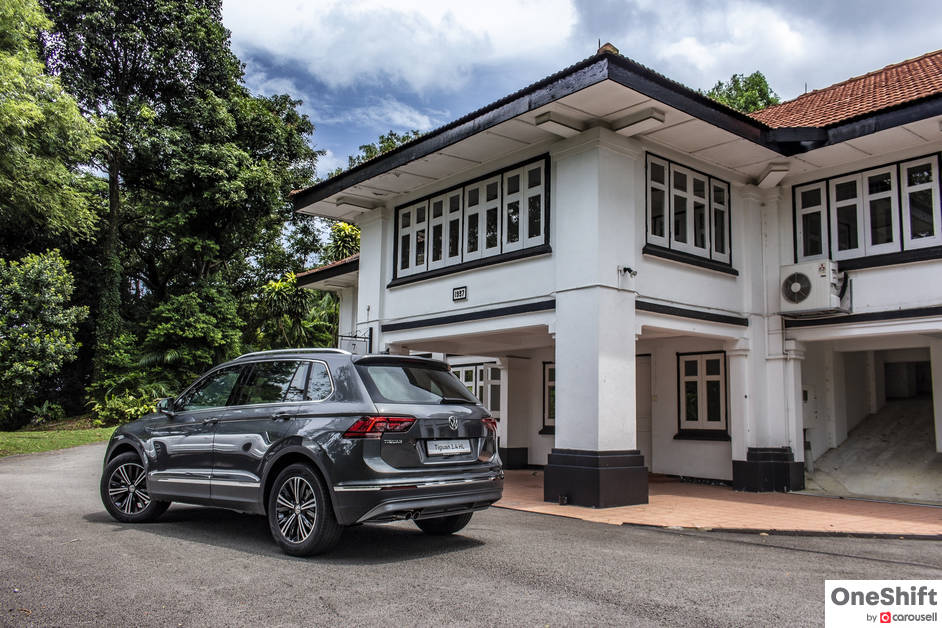
Everyone has different circumstances, and there is no right or wrong time to buy a car. There are, however, a few useful ways to approach thinking about car ownership. The trick is to view the considerations holistically, and not in their own silos. For example, one should try and balance the financial implications of owning a car, against their need for responsiveness as an adult in the household. For self employed persons, you may want to consider that for each dollar saved on not owning a car, you might be incurring an additional minute of opportunity cost during which you could have signed a new client, or made a new deal. For the family oriented professional, each dollar spent on car ownership can translate to things being done quicker, and getting home from work earlier - leaving you more time to spend with your children. For a change, it might be nice for people to view car ownership not as a cost, but as a social investment.
Looking for a new car? Check out our listings! You might just snag a good offer!
Or you can shop in confidence for that ideal pre-loved car to be your daily workhorse here!
Credits:


Get the Best Price for your used car
from 500+ dealers in 24 hours

- Convenient and Hassle-Free
- Consumer Protection
Transparent Process
With No Obligation
